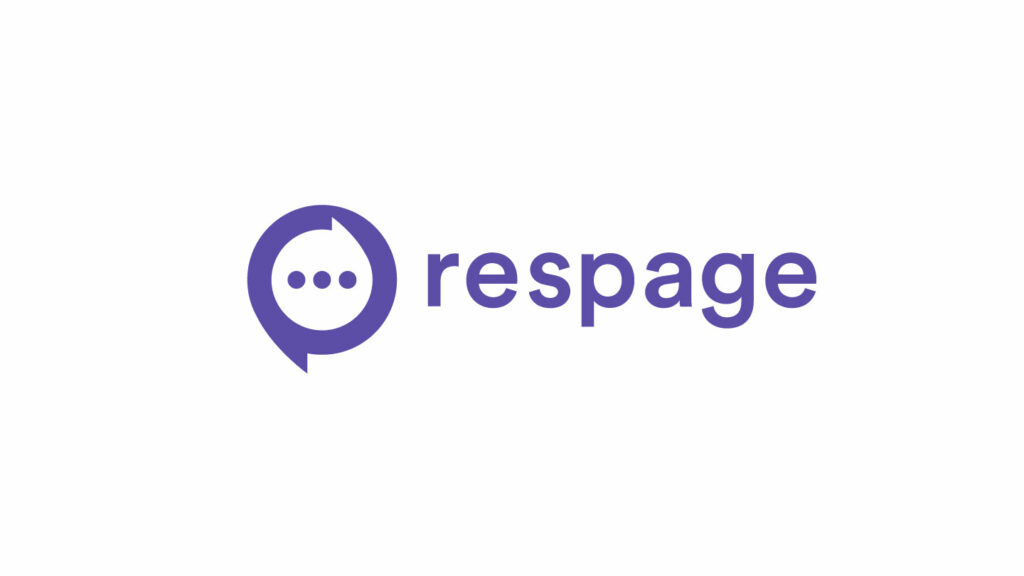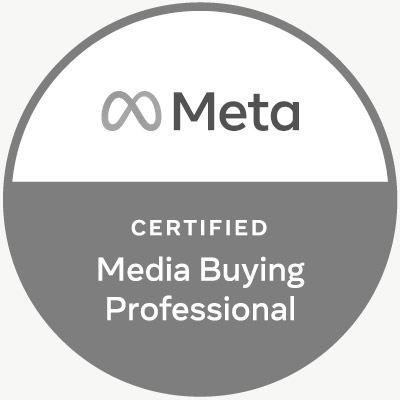2013 saw big changes in Google algorithms. Here’s a quick primer on what they mean for your SEO strategy.
Google Panda
Launched in 2011, Google Panda is a reasonable bear, rewarding authentic sites and punishing low-quality ones. What’s that mean? Lots of paid links, ads, and robotic content will push you down in search rankings. Want to please Panda? Have lots of clear, helpful, original content.
Google Penguin
Too many people tried to game Panda’s system, so he hired a clever Penguin to level the field. Penguin penalizes paid links in directory sites, forum spam, blog comment links, etc.
Google Hummingbird
A Hummingbird joined the team in September 2013. True to form, she’s small and doesn’t have a lot of obvious impact — but she’s powerful. Hummingbird places less emphasis on keywords, preferring to stress search intent and content context. That’s essentially a whole new Google, and Hummingbird makes searches more accurate and helpful than ever.
How to Handle It
It’s lots of rapid change, we know. But adjusting SEO strategy is easier than you think. Links are still important, so don’t abandon legitimate link-building strategies. Don’t forget keywords, either — but look past them. How can you better solve the user’s problem? Should your content be longer, shorter, clearer, more detailed? Giving users what they need is the key to strong SEO rankings in the future.
We’ll keep you updated on Google’s algorithm changes. But if you want more details, check out Moz’s Algorithm Update timeline.






